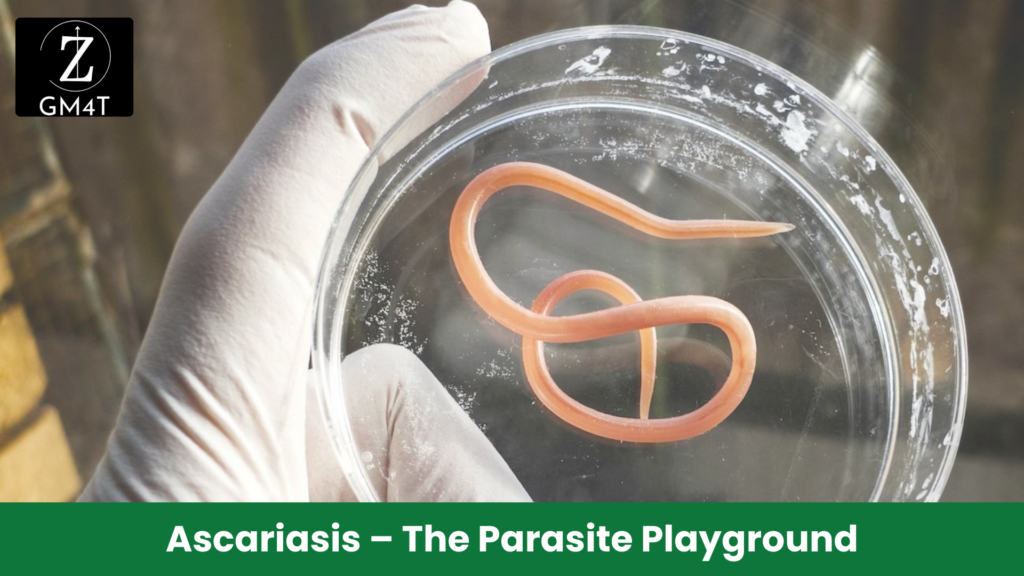
Imagine your intestines as a bustling playground. In most people, things are in order, but for those affected by ascariasis, the playground becomes overrun with unwelcome visitors. Ascariasis is caused by the roundworm Ascaris lumbricoides, which can grow up to 35 cm. These parasites can cause more than just discomfort; they rob you of essential nutrients and can lead to serious complications if not addressed.
Consider Priya, an energetic 7-year-old who suddenly became sluggish and irritable. She had persistent abdominal pain, occasional nausea, and a poor appetite—common ascariasis symptoms. Her parents assumed it was just a passing bug, but when Priya started losing weight and became visibly weak, they rushed her to the doctor. A stool test revealed an infestation of Ascaris lumbricoides, one of the most common soil-transmitted helminths in children, especially in rural areas.
Ascariasis is caused by accidentally ingesting the eggs of Ascaris lumbricoides, often through contaminated food or soil. Once inside the body, these eggs hatch into larvae that travel through the bloodstream, making their way to the lungs before being coughed up and swallowed again. Once back in the intestines, they mature into adult worms, where they thrive and lay thousands of eggs daily.
While mild infections may go unnoticed, heavy infestations can lead to malnutrition, growth retardation, and intestinal obstruction. Children like Priya, who play in contaminated soil or live in areas with poor sanitation, are particularly vulnerable. The worms not only compete for the food that children eat but may also trigger growth delays and impair cognitive development.
If left untreated, these parasites can cause serious complications, and in extreme cases, ascariasis surgery may be required to remove blockages caused by the worms. Fortunately, the ascariasis treatment is simple and effective, typically involving a single dose of albendazole or mebendazole. Visual aids like ascariasis pictures and ascariasis photos can help educate parents about the appearance of these parasites and their potential impact on health.
Prevention is the real goal. Good sanitation, regular deworming in endemic areas, and proper food hygiene can protect children from these uninvited visitors in their intestinal playgrounds. Parents and caregivers, it’s time to prioritize deworming, especially in high-risk areas. Protect your child’s health and well-being by ensuring regular health check-ups, good hygiene practices, and participation in deworming programs. Don’t let the playground of life get overrun by parasites!
